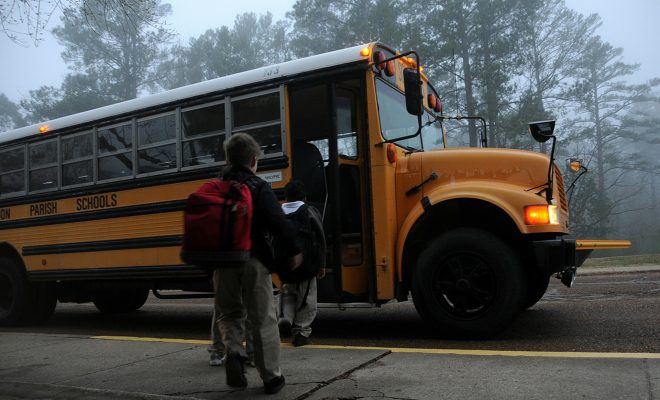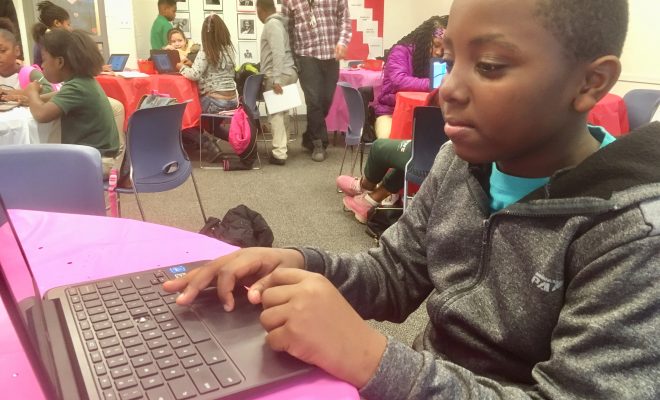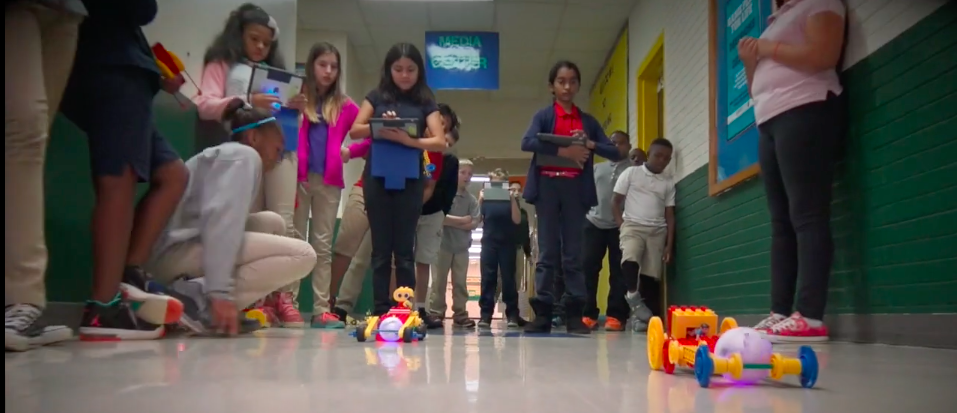Adopting a New Paradigm in K-12 Education
Substantial educational change will never occur until we as a country decide that enough is enough and make a commitment to change, no matter what it takes. When America realizes all children deserve a stellar education regardless of who their parents are, what their socioeconomic status is, or where they happen to live, we will be able to reform our education system. The American K-12 education treats minority students in under performing urban environments like collateral damage.
The disheartening reality is that America has billions of dollars to fight a two-front war, but cannot or will not properly educate its children. If a hostile country attacked the U. S., it would take less than 24 hours for American troops to be mobilized into battle. However, we seem unable to mobilize a sea of educated teachers and administrators to wage war against academic mediocrity, which is a bigger threat to our national security than Iran or North Korea.
The structure of schools in the U.S. is no longer able to meet the educational needs of children today. No longer are the poor restricted to the prospect of becoming manual laborers in a local factory or simply entering just another blue-collar job. Nor are the benefits of education confined to the elite in society. Times have changed and it would only be natural to expect that the demands on our education system have changed as well. No longer can we rest assured that the best and brightest members of our society will educate our children.
Educational change will never occur if school systems are expected to implement change on their own. State and federal governments need to oversee changes to ensure that local school districts are held accountable for needed changes. School administrators often seem to buy in when educational reform is suggested, but somehow genuine change in education is rarely implemented.
Over the last century, many reform movements have come and gone, but in the end it seems there have been no substantial changes. Some might even believe the American educational system is now worse off than ever. From Bush’s No Child Left Behind to Obama’s Race to the Top, presidents have shown an inability to tackle the real issues of education reform. Reform is primarily used as campaign rhetoric, and when it comes time to take real action, the politicians simply unveil a grandiose plan with all the bells and whistles amounting to a dog and pony show.
America’s schools were originally intended to ensure that all citizens were literate. The founding purpose for American schools has long been obsolete, and Americans must have the courage to realize that in order for us to remain a world power, we must institute change. The risks have never been greater; the future of our country and its children is at stake. Americans cannot continue to allow the educational system to operate in its current state. While there is no magic formula or configuration to solve the problems our schools face, we must engender change, and we must do it now!
On the surface, the concept of sustaining school reform is an oxymoron, simply because change is inevitable. In many ways, what is needed is sustainable change! In other words, schools must change to meet the current needs of children and youth in order to support their development into contributing and productive adults. As the needs of our society shifts, our education system must adapt to ensure that it prepares an educated populous to meet society’s needs.
Education reform is possible, but it depends on what the nation is willing to do to achieve its educational goals. Will America develop and pass effective educational legislation aimed at creating viable solutions to the problem at hand? Or will America continue to develop legislation, such as No Child Left Behind, that operates under the fallacy that 100% of our students will be proficient in their core subjects by 2014? The bar for education should be set higher, but there has to be exceptions and differentiated goals in order to effectively accommodate all the differences among teachers, students, administrators, and school cultures.
Our youngsters are the future of this great country, and our educators must do their part to help put America back on top as a major world power in both economics and education. Lasting and beneficial change in our schools will require hard work from a committed group of stakeholders — teachers, administrators, parents, policymakers, and community members alike. Ultimately, it is the children who matter most. At the end of the day, they are the reasons why we must champion the work of public education and adopt a new paradigm.






